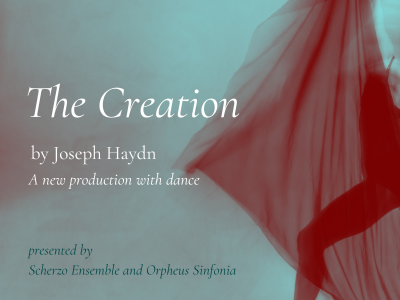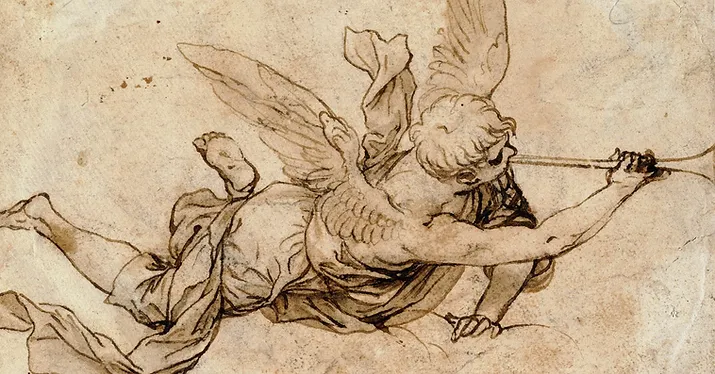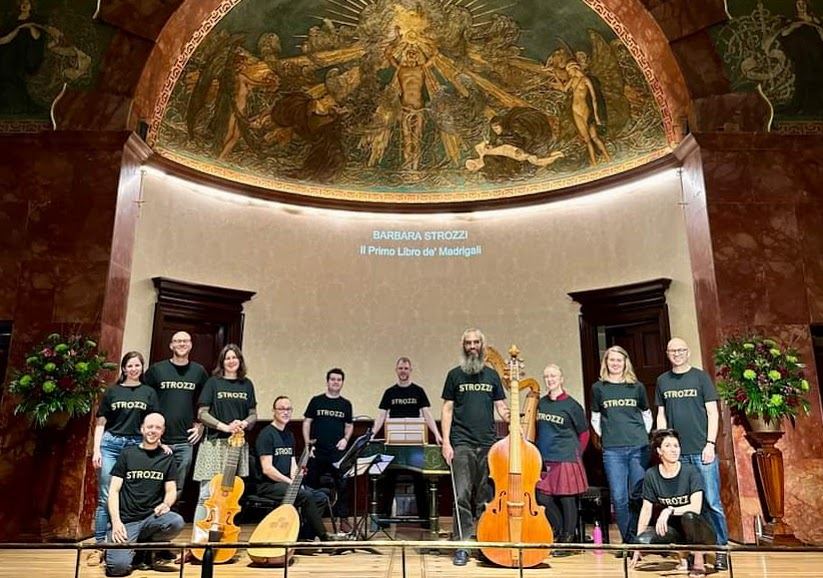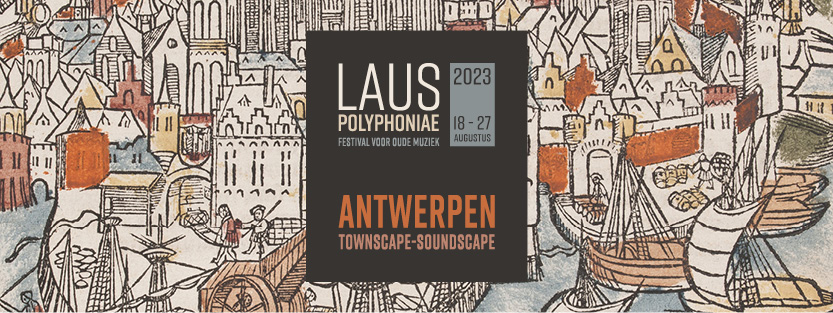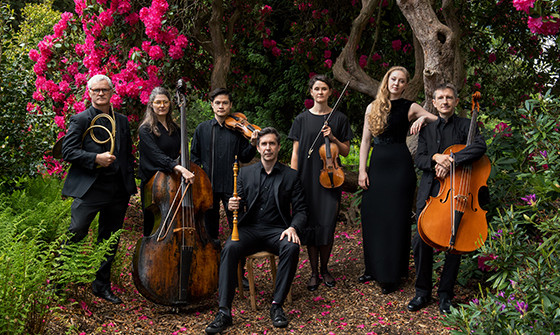Mozart in 1774
The Mozartists
Ian Page, Samantha Clarke, Jane Gower
Wigmore Hall. 2 May 2024
Mozart: Symphony No. 28 in C, K.200
Paisiello: Povera prence… Deh, non varcar (from Andromeda)
Mozart: Bassoon Concerto, K.191
Epistle Sonata in D major, K.144
Crudeli, fermate… Ah, dal pianto (from La finta giardiniera)
Symphony No. 30 in D, K.202
Following the opening concert on the 10th anniversary of their monumental MOZART 250 project, which gave a retrospective view of the wider context of music in 1774 (reviewed here), Ian Page’s The Mozartists focussed on Mozart himself in a concert that could be said to reflect the first true masterpieces of the still very young composer. The relatively little-known Mozart pieces were composed in Salzburg at a time when a new archbishop restricted the pan-European travels that his predecessor had allowed Mozart and his father. Only for the last three weeks of the year was he able to travel to Munich for the premiere of his opera La finta giardiniera, commissioned by the Elector Maximillian III for the Munich carnival.





